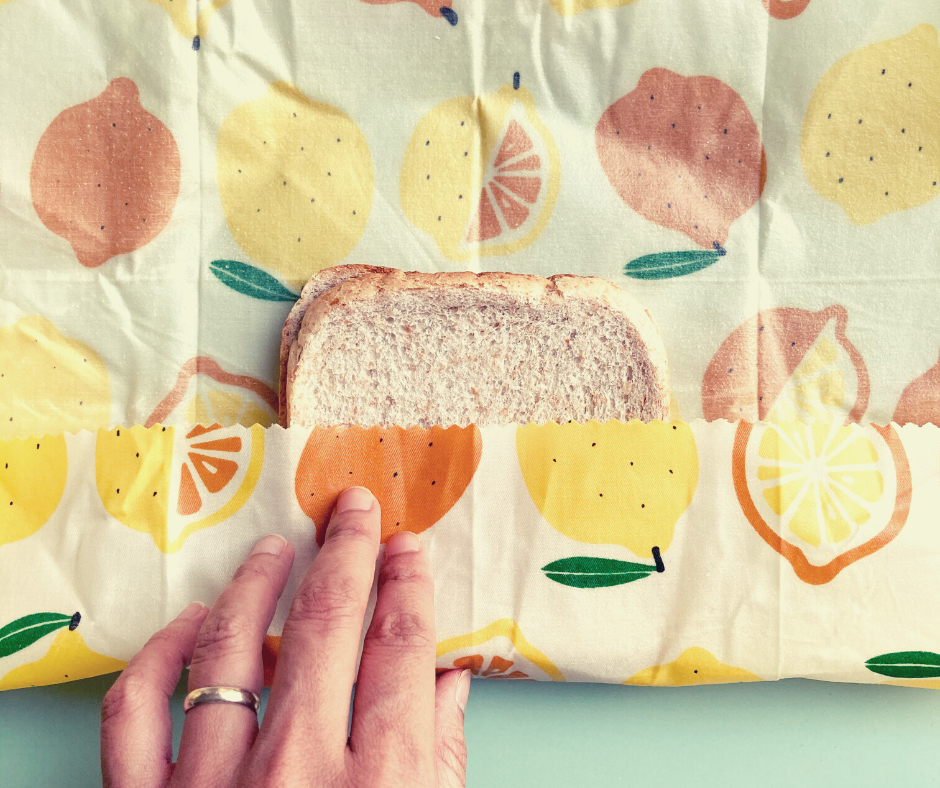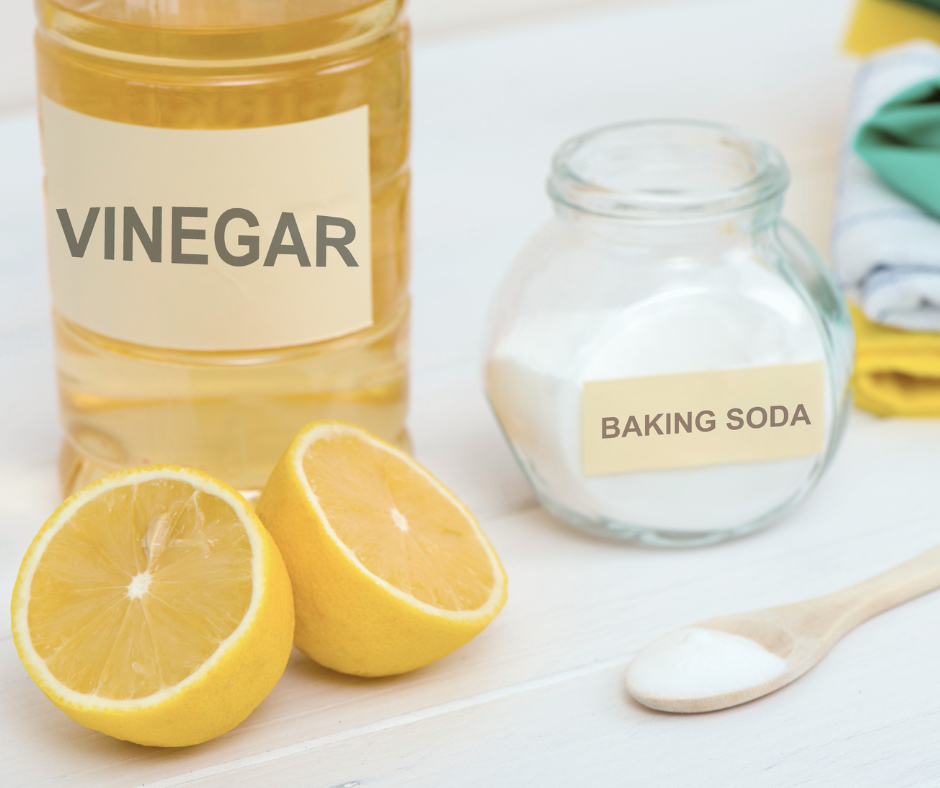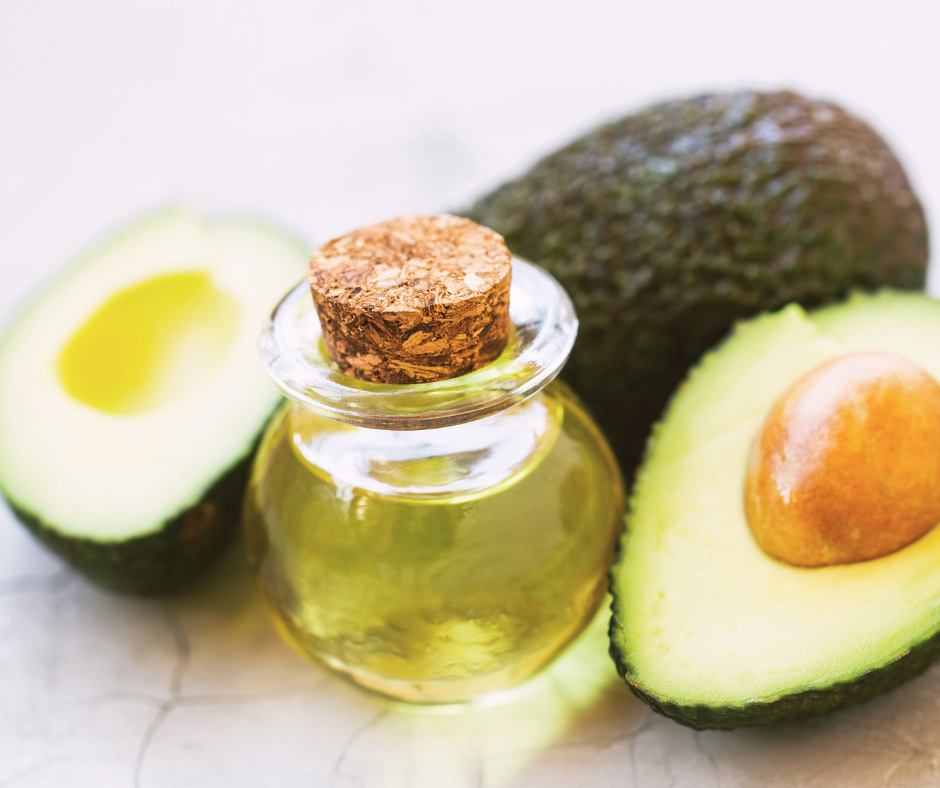Our kitchens are one of the most toxic places in our homes, and I’m not just talking about the food. Food is just one source to consider when evaluating all the toxins in your kitchen. Harmful chemicals of all kinds can be found in what we cook in, store our food in, and clean those things with. Many of the everyday household products we use often contain chemicals or byproducts that are harmful to our health. In fact, more than 200 chemicals were found in the umbilical cord blood of newborn babies, “Laboratory tests commissioned by Environmental Working Group (EWG) and Rachel’s Network have detected bisphenol A (BPA) for the first time in the umbilical cord blood of U.S. newborns. The findings provide hard evidence that U.S. infants are contaminated with BPA beginning in the womb.” (EWG, 2009). That means that the chemicals that were in the mother’s bloodstream, were able to enter the baby’s as well. Many other studies have been conducted and found other chemicals in our bloodstreams that we should not be exposed to.
Why is this a problem you ask? Because these chemicals are known to cause endocrine and mitochondrial dysfunction. The body’s normal endocrine functioning involves very small changes in hormone levels. But even small hormonal changes can cause significant biological effects. Even in low amounts these chemicals can mimic or alter the hormones in our bodies. Exposure to these chemicals can alter the body’s sensitive systems and cause health problems. Toxins can even impact human health at the cellular level by reducing ATP production and initiating the cycle that leads to mitochondrial dysfunction.
Here are some of the ways you can avoid toxins in your kitchen:
- Ditch Non-stick and aluminum cookware– Switch to cast iron or ceramic cookware instead. Non-stick cookware contains PFAS (or “forever chemicals” that never break down) and aluminum that can be leached into your food when cooking. These are known endocrine disruptors and carcinogens.

- Ditch plastics- using beeswax wraps, glass tupperware containers, mason jars, and reusable silicone bags are a great way to avoid the toxic chemical BPA that we talked about in the study above. BPA is commonly found in the plastics that we store our food in. You can also ditch plastic utensils for silicone or bamboo utensils. The more heat applied to the plastic, the more BPA leached into the food.

- Ditch harsh cleaners- ditch the cocktail of chemicals found in industrial cleaners for all natural alternatives like: Eco dish detergent, vinegar, baking soda, or On Guard concentrated cleaner.

- Ditch industrial oils- industrial oils like vegetable, canola, and sunflower oil are polyunsaturated fats. These fats have double bonds that make them susceptible to oxidation. The fatty acids react with oxygen in the atmosphere and start deteriorating, which then creates free radicals that damage our cells. These oils also come in a hydrogenated form that contain trans fats. Trans fats contribute to things like heart disease, obesity, cancer, and diabetes. Try these instead: avocado oil, olive oil, coconut oil, tallow, organic butter, or ghee.

- Remember the clean fifteen and dirty dozen– if you need a refresher here’s a link to our blog post on the topic: https://wellwithrae.com/the-dirty-dozen-and-clean-fifteen/

- Filter your water– tap water can contain heavy metals, chlorine, fluoride, harmful bacteria, cleaning solvents, pesticides, dioxins, and even traces of prescription drugs. Drinking only filtered water can significantly decrease the toxins your body is exposed to. We recommend a filter that uses reverse osmosis.

It’s easy to feel overwhelmed when you begin trying to reduce toxins in your home. No need to go spend a bunch of money all at once, simply replace things one at a time as you need them.
You can find all these products and more linked on our Amazon storefront:
https://www.amazon.com/ideas/amzn1.account.AGTRZNRCBT6RK3KHSRNFWK3LZG3Q?ref=idea_yil_tab
References
DITCHING THE TOXINS IN YOUR KITCHEN. (n.d.-b). https://torystender.com/non-toxic-kitchen-essentials/
Toxic Chemicals Found in Minority Cord Blood. (2009, December 2). Environmental Working Group. https://www.ewg.org/news-insights/news-release/toxic-chemicals-found-minority-cord-blood
Endocrine Disruptors. (n.d.). National Institute of Environmental Health Sciences. https://www.niehs.nih.gov/health/topics/agents/endocrine/index.cfm
Clinical effects of chemical exposures on mitochondrial function. (2017, July 27). https://www.ncbi.nlm.nih.gov/pmc/articles/PMC6078194/
Gunnars, K. B. (2019, December 12). Are Vegetable and Seed Oils Bad for Your Health? Healthline. https://www.healthline.com/nutrition/are-vegetable-and-seed-oils-bad
Choosing Home Water Filters & Other Water Treatment Systems | Drinking Water | Healthy Water | CDC. (n.d.). https://www.cdc.gov/healthywater/drinking/home-water-treatment/water-filters/step3.html

